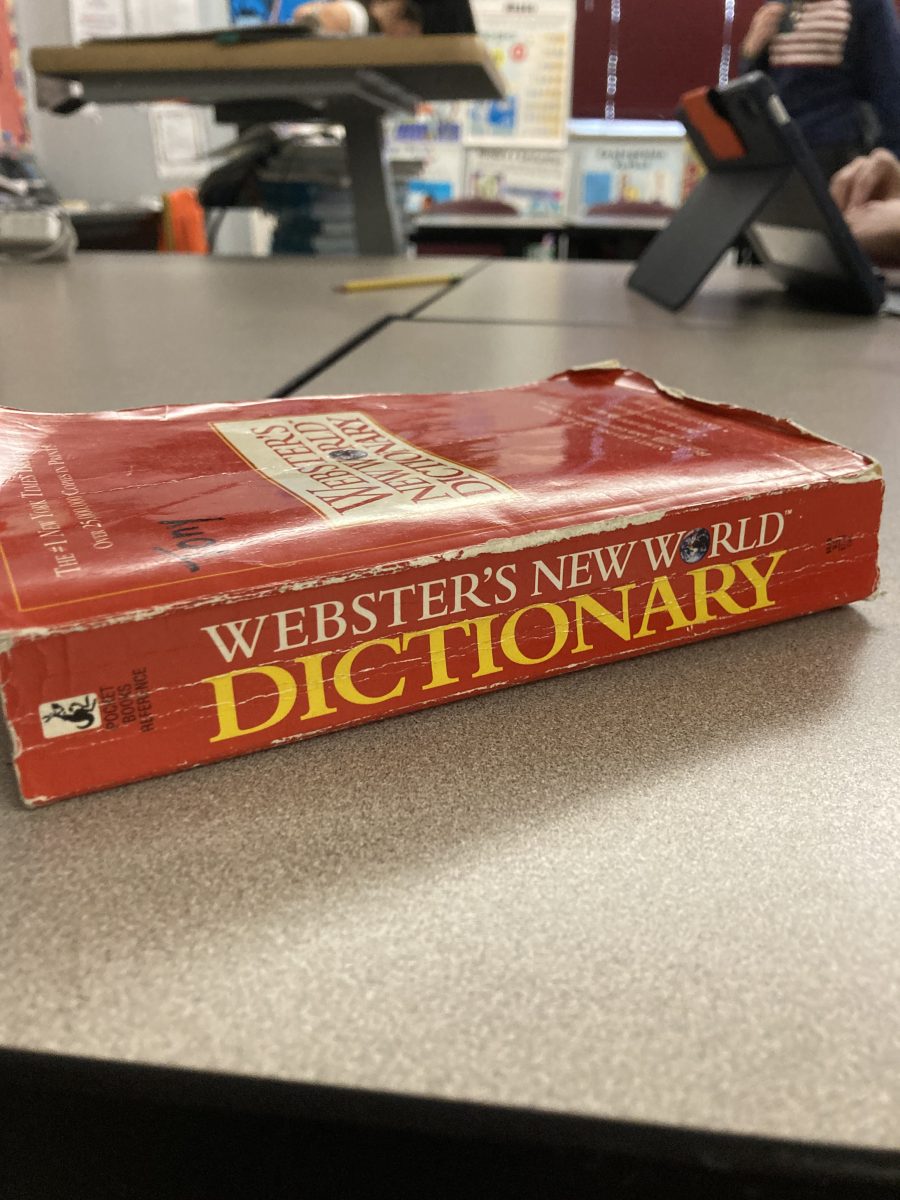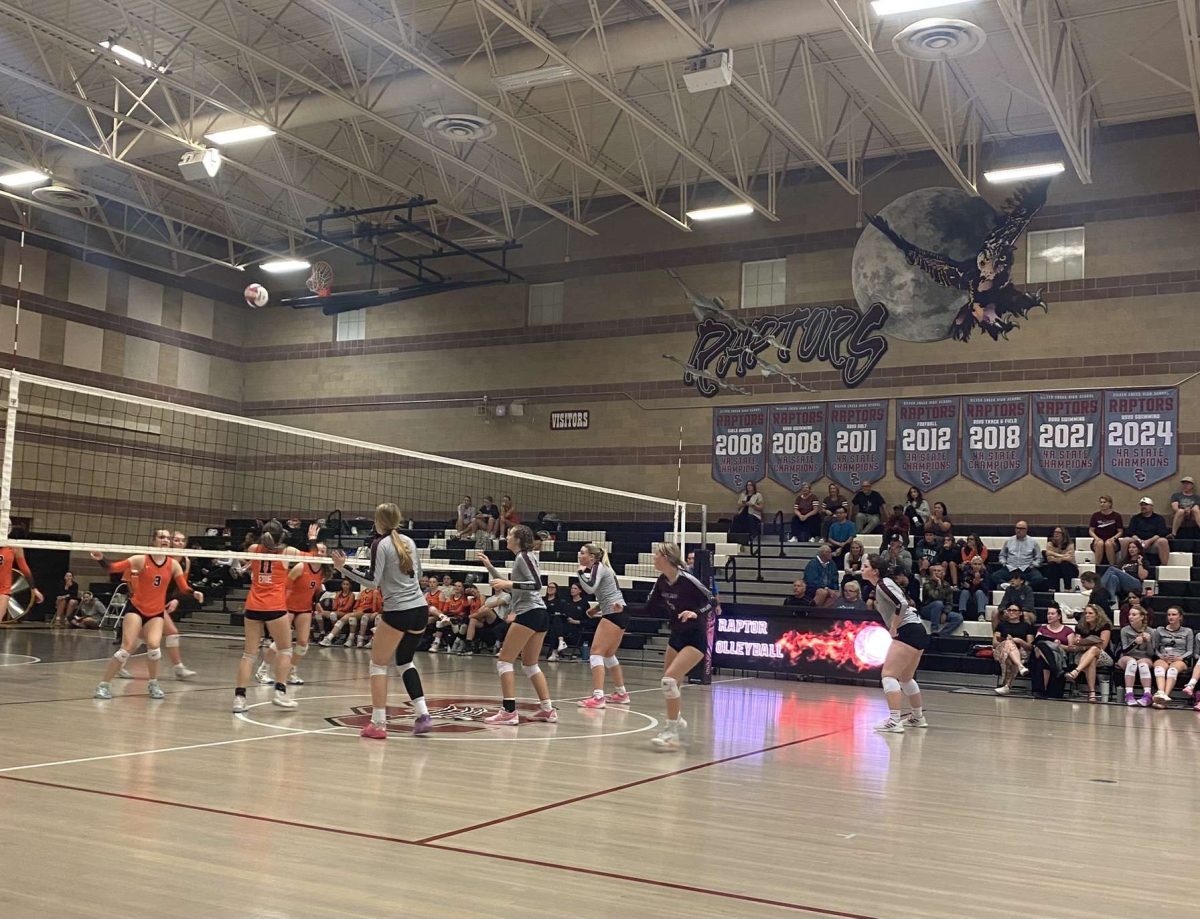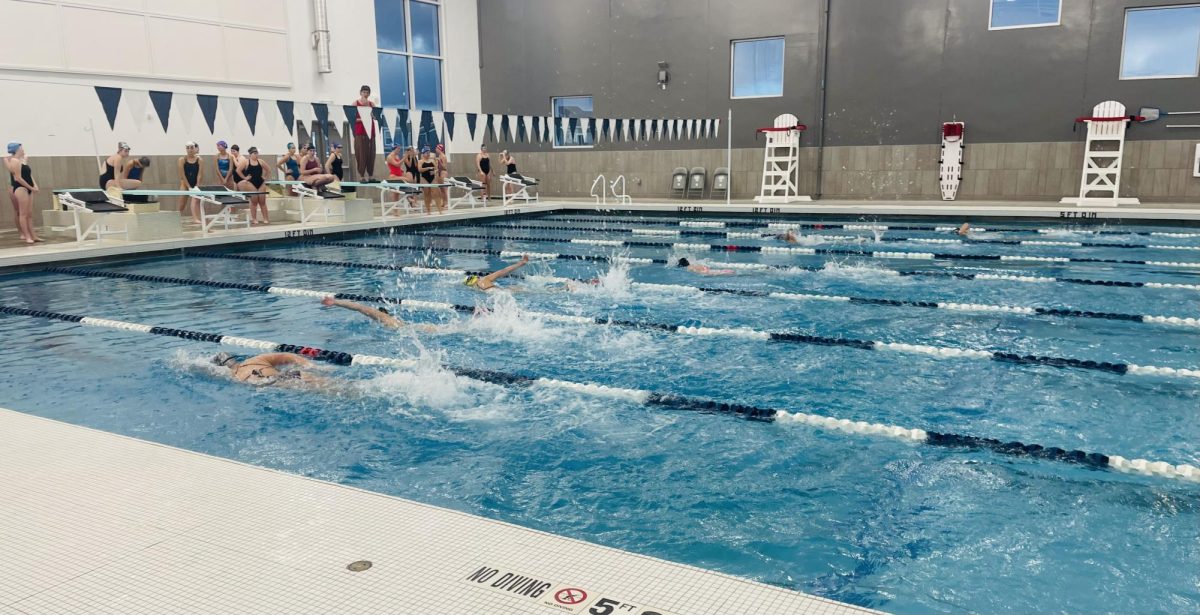The lives students lead are always hectic. Trying to maintain good grades in a competitive atmosphere, juggling part-time jobs, having extracurriculars after school, all while still trying to maintain a healthy social and family life. So, would making extracurriculars a graduation requirement be too much for students or benefit them?
Studies have shown the immense benefits of students being involved in extracurricular activities. These activitiesresult in higher test scores, GPAs, and graduation rates. It helps students get into colleges, allows them to explore their interests, and even teaches life lessons that may otherwise be forgotten.
“Learning how to win gracefully and lose gracefully, I think that those are cliche, but I think that they’re true,” Jason Lathrop, Silver Creek High School teacher and former baseball coach, said.
Lathrop mentioned the bigger life lessons learned, how to win and lose, but also that sometimes in life you do everything right, everything you’re supposed to do, and you still may not get the outcome you want.
Here he mentions smaller life lessons, “to know respect, to clean up after yourself if your team stops at a restaurant on the way home from a game, learning how to talk to other types of people, learning how to get along with people who have very different personality traits,” Lathrop stated.
Students also agree with these statements, saying it allows the development of becoming a more well-rounded person, helps you meet new people, builds friendships, and so much more.
“I think [extracurriculars] make me a well-rounded person, and it gives me something to do outside of school that’s not homework,” Anna Goodbee, Silver Creek senior, said.
Being involved can help fuel your interests and motivation in school. It can also help you see the world from new perspectives by pushing you out of your comfort zone.
“I do think that there are benefits, I don’t think you necessarily need to be in one for your school, but honestly, I would say that not doing any, ever, is not a good thing,” Grace Athwal, Silver Creek senior, stated. “You’re just too much in your own bubble, and you don’t expand.”
Maybe being involved in activities within school isn’t the right thing for some, but it is still important to expand your horizons and explore more personal interests.
While extracurricular activity is important, it can also have some negatives. Students’ mental health is just as important, if not more, and when students are involved it can add extra academic stress, it can cut into students’ time for homework, lessen family time and friendships, but most of all, it eliminates the majority of students’ down time. Their own personal relaxation time, which has been proven to be a major factor in academic success.
Lathrop pointed that out, saying some athletes will have a game right after school and they may not be getting back off that bus until 9 pm or later. For them, that’s still technically the start of their afternoon, they still have hours of homework to do and by the time it’s done, it’s far past the time they should be sleeping.
Even though there may be some added stressors, Goodbee points out that with the correct strategies and passion, extracurricular activities are worth it.
“You have to be good at time management, you have to prioritize and just try to get ahead when you can… there’s a lot on my plate, but it’s all things I enjoy. If I didn’t like it, I wouldn’t be doing it.”
Students are involved with school activities because it is important to them, they value what that group does and has to offer, which is why so many clubs and organizations are successful. Forcing students to be a part of extracurriculars could be harmful for that reason.
“One of the things I loved about coaching is the only people who came to you were the people who wanted to do it,” Lathrop said. “I’d be nervous about any program that brought all kinds of kids who were just punching the clock and didn’t really care about their participation beyond that.”
Overall, extracurriculars are important for student success and growth, but forcing high schoolers into doing these activities may not be the answer. Through force the school’s clubs, groups, and athletic teams will likely suffer; a majority of what fuels success in these activities is the passion students bring, they want to be there, so force would disrupt this.
Instead of extracurriculars being a graduation requirement, it should simply be encouraged more. There should be multiple class periods, whether it’s in advisory or elsewhere, that teachers give time to join clubs. A major factor to why students don’t participate is the lack of knowledge. They don’t know how to sign up, where to go, or who to contact, they lack access to this information. If schools make this information more accessible, and more help is offered, then more students would find themselves being involved. More students would find themselves trying new things and being successful.








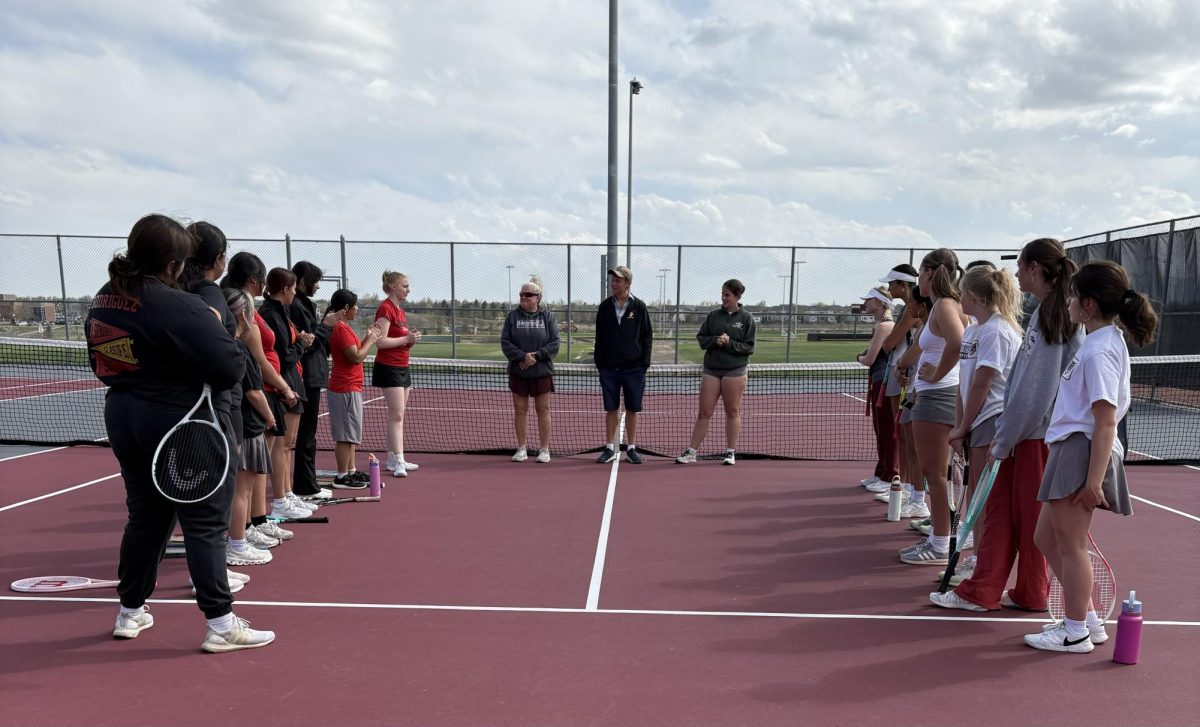


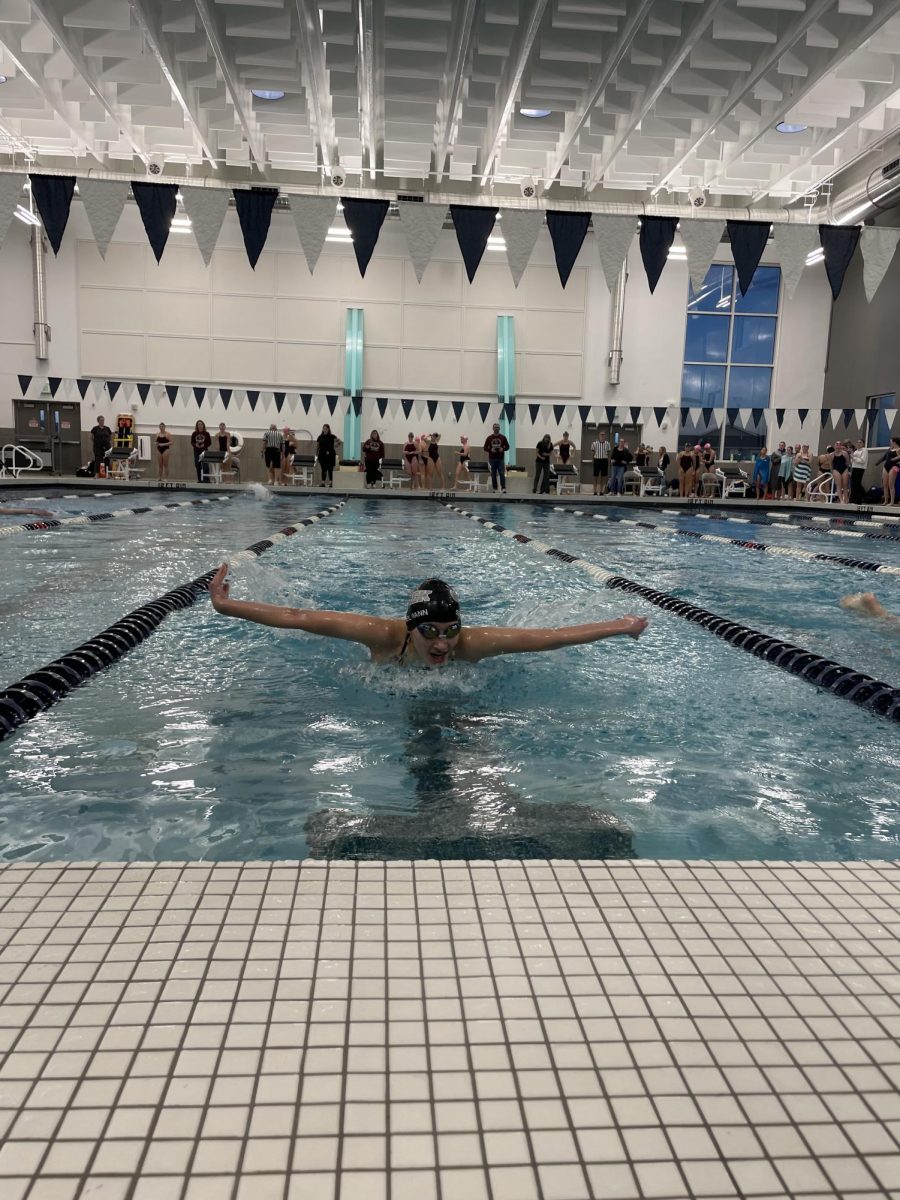
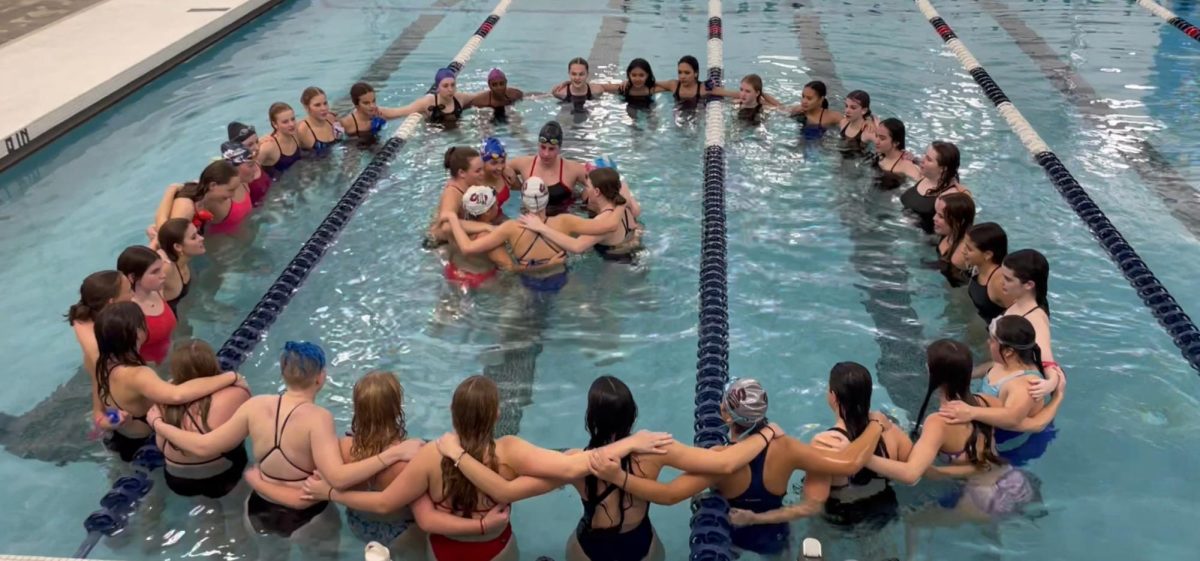




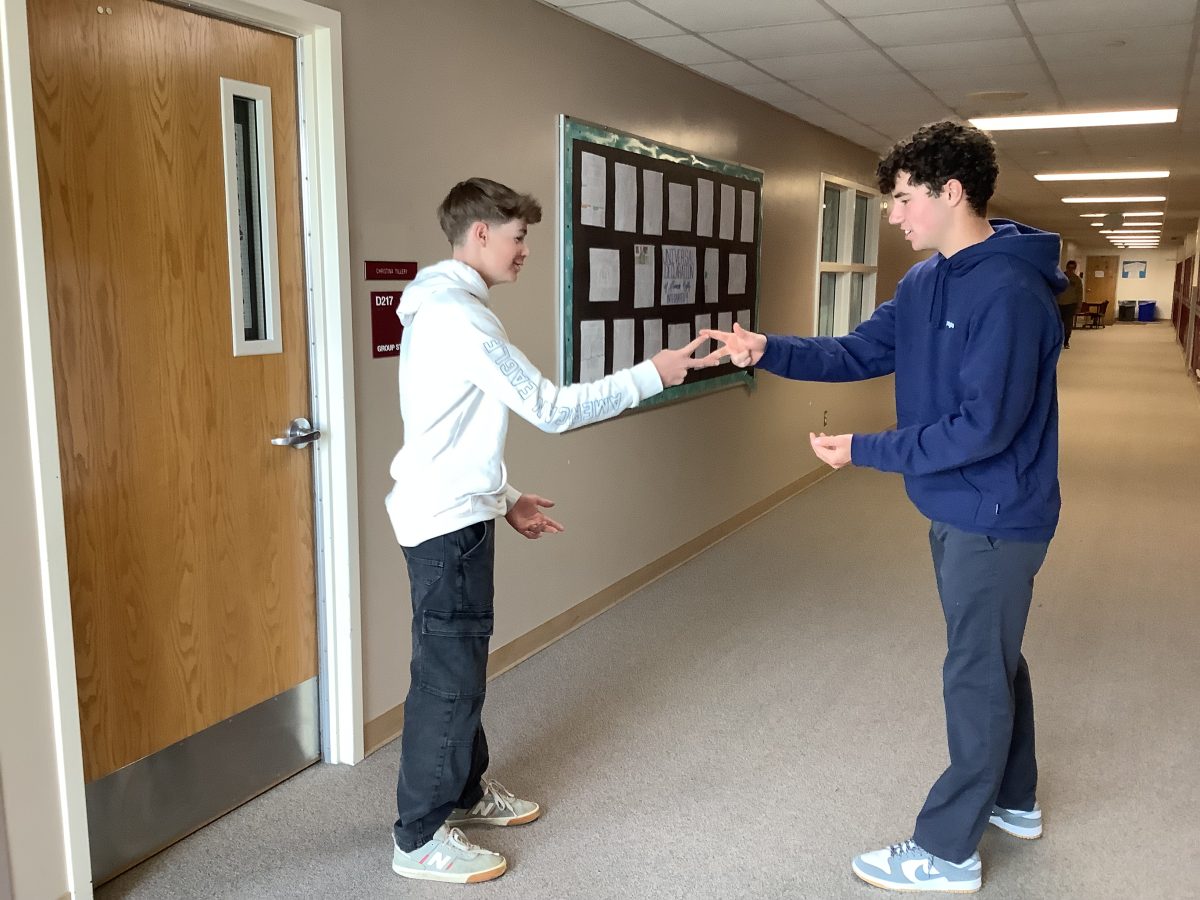




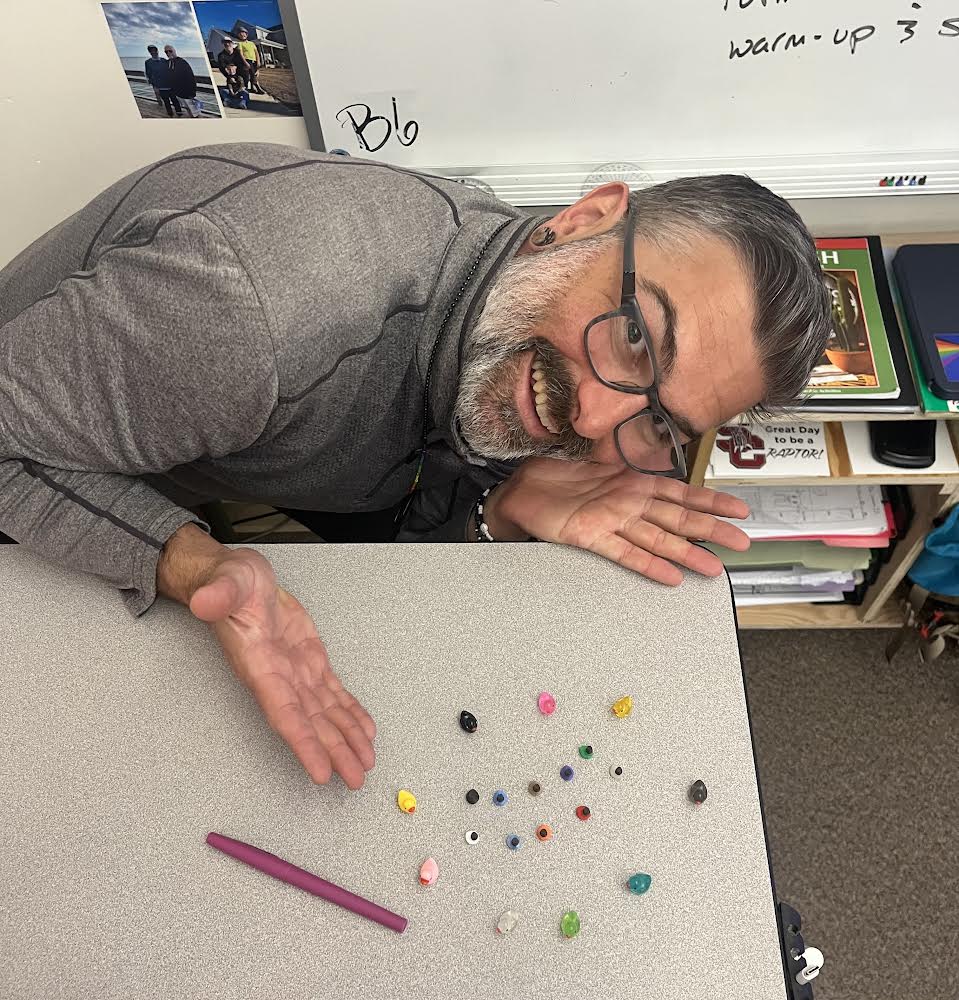








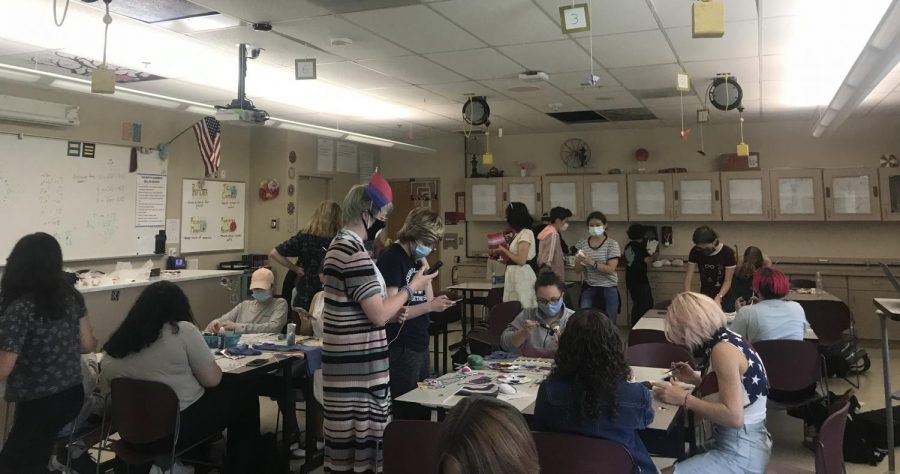

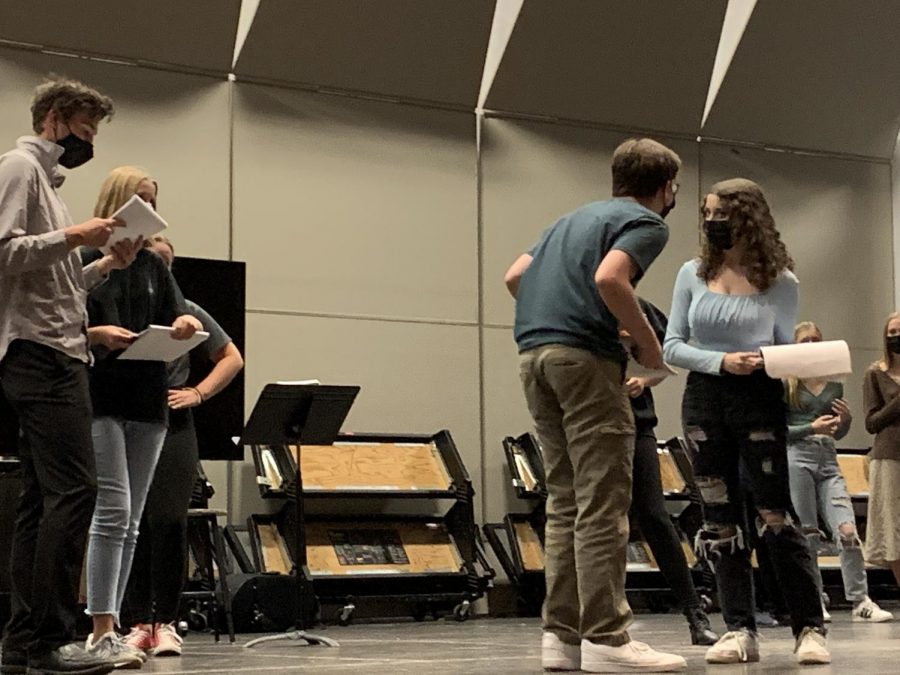





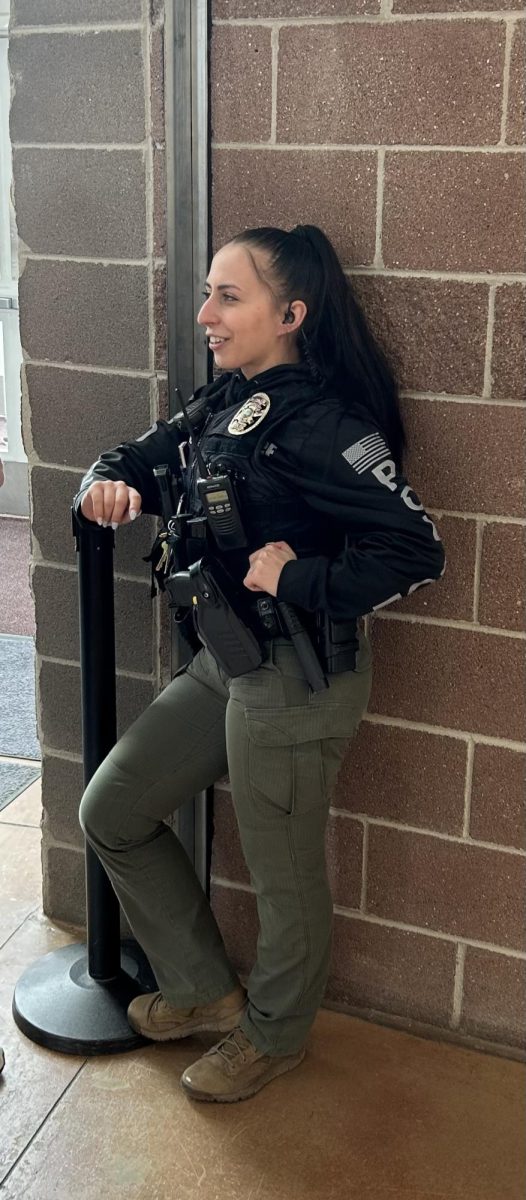

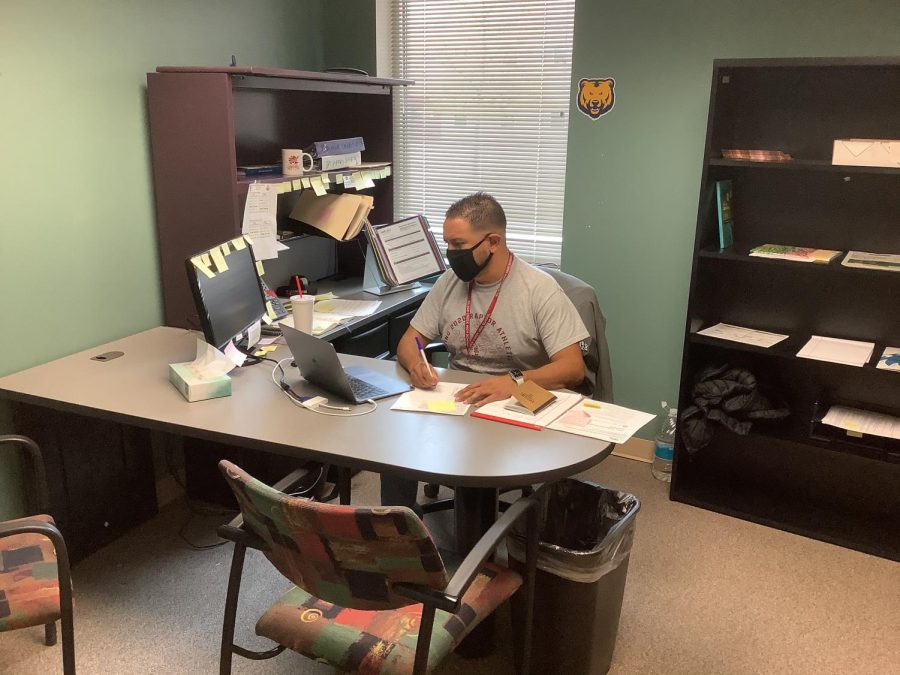
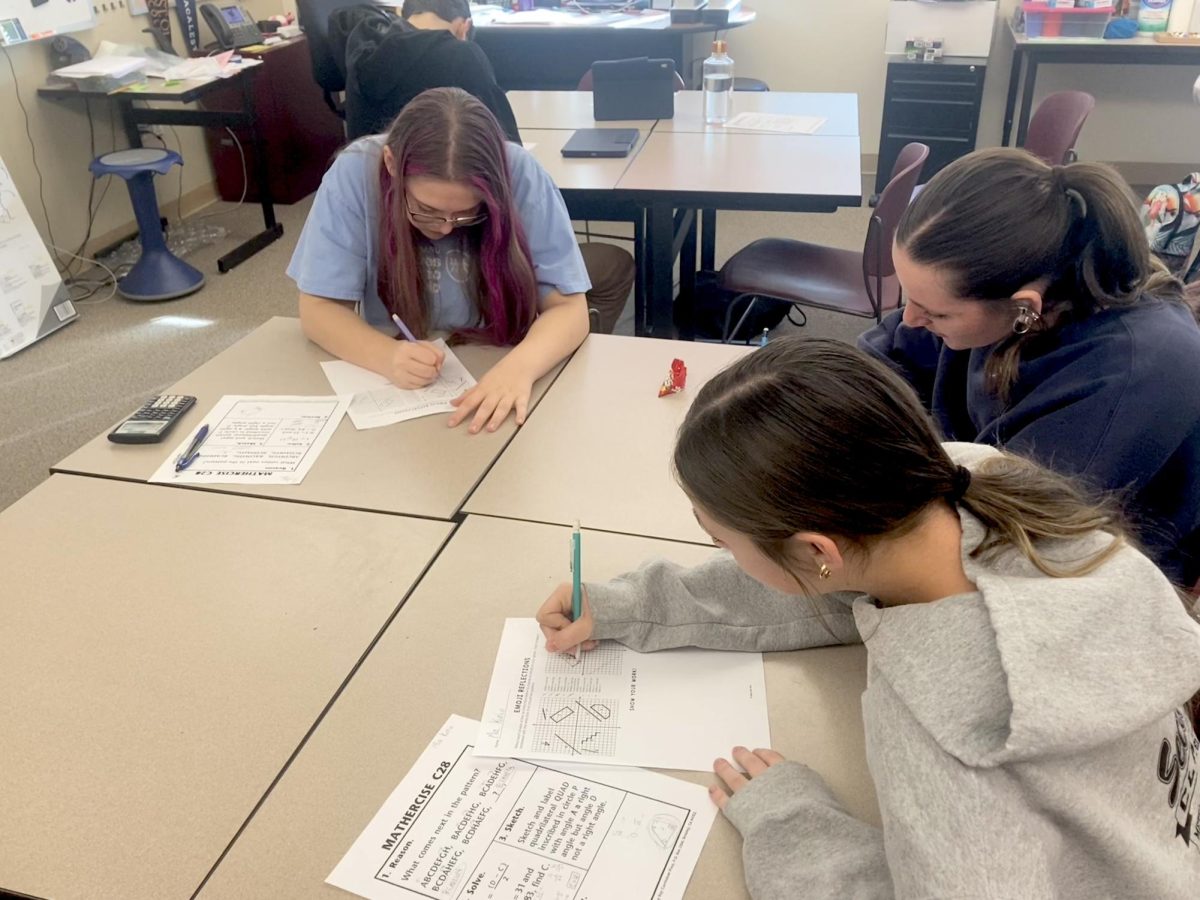
![Hosting the SCLA Casptone Mentor Dinner outside allowed for more attendees on September 27, 2021 at Silver Creek. This event would’ve usually been held inside. According to Lauren Kohn, a SCLA 12 teacher, “If we have a higher number of people, as long as we can host the event outside, then that seems to be keeping every[one] safe”.](https://schsnews.org/wp-content/uploads/2021/11/sxMAIGbSYGodZkqmrvTi5YWcJ1ssWA08ApkeMLpp-900x675.jpeg)





